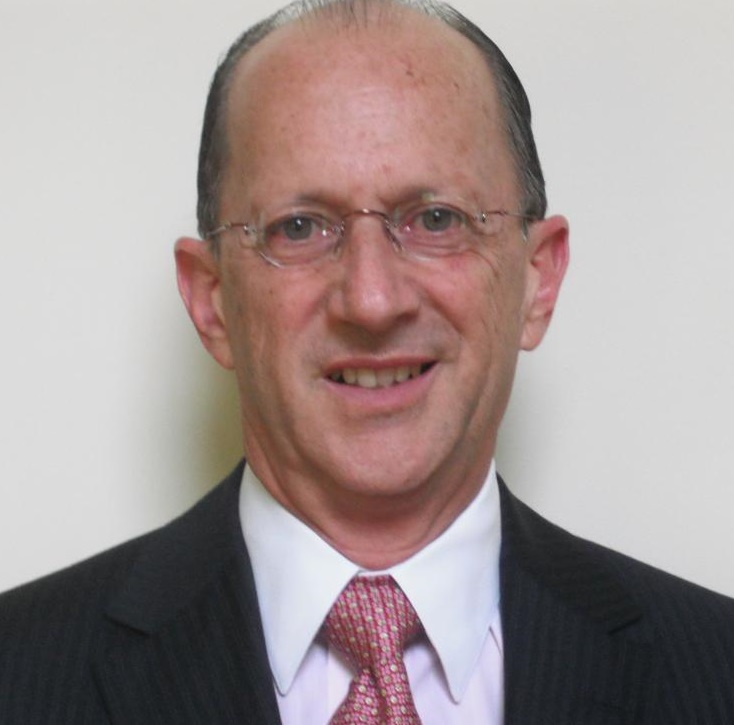Comment of 25 Law Professors, Economists, and Former U.S. Government Officials in Response to EU Commission Call for Evidence on Standard-Essential Patents
Abstract
This comment by 25 law professors, economists and former United States government officials was submitted to the European Union Commission in response to a “call for evidence” on the licensing, litigation, and remedies of standard-essential patents (SEPs). It details the principal concepts and substantial evidence relating to the constructive role of SEPs in efficiently promoting innovation and structuring commercialization activities in high-tech devices generally and the mobile revolution specifically. It also addresses widespread misunderstandings and misstatements about the commercialization and litigation of SEPs. It broadly makes three points.
First, in contrast to the evidence of the positive role of SEPs in promoting innovation and commercialization in wireless technologies, no published empirical study has found evidence of the predicted marketplace effects of “holdup” or “royalty stacking” theories, such as higher prices, less innovation, and less market competition in smartphones. Second, contrary to claims by some commentators that courts do not issue injunctions for the infringement of SEPs, the comment reviews some representative decisions from the substantial case law in Europe in which SEP owners have requested or obtained injunctions against implementers engaging in holdout tactics. Third, it explains how courts have consistently held that the fair, reasonable, and non-discriminatory (FRAND) commitment by SEP owners does not mandate a “license to all” rule nor that reasonable royalties be calculated according to the “smallest salable, patent practicing unit” (SSPPU) standard. These court decisions are consistent with the economic function and evidence of SEP licensing on FRAND terms.
The mobile revolution has created unparalleled economic and technological growth over the past three decades. So long as courts provide robust enforcement of intellectual property rights, and do not impede the licensing and other contracts predicated on those rights, there is every reason to believe that the mobile market will continue to thrive. The comment concludes with an Appendix listing the substantial, published literature addressing both the success of the SEP-based sector of the global innovation economy and the numerous substantive and methodological flaws in “holdup” and “royalty stacking” theories.





























